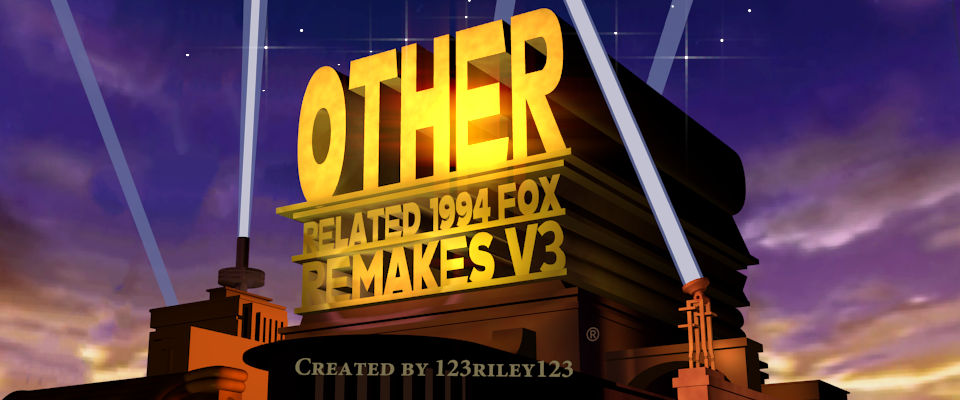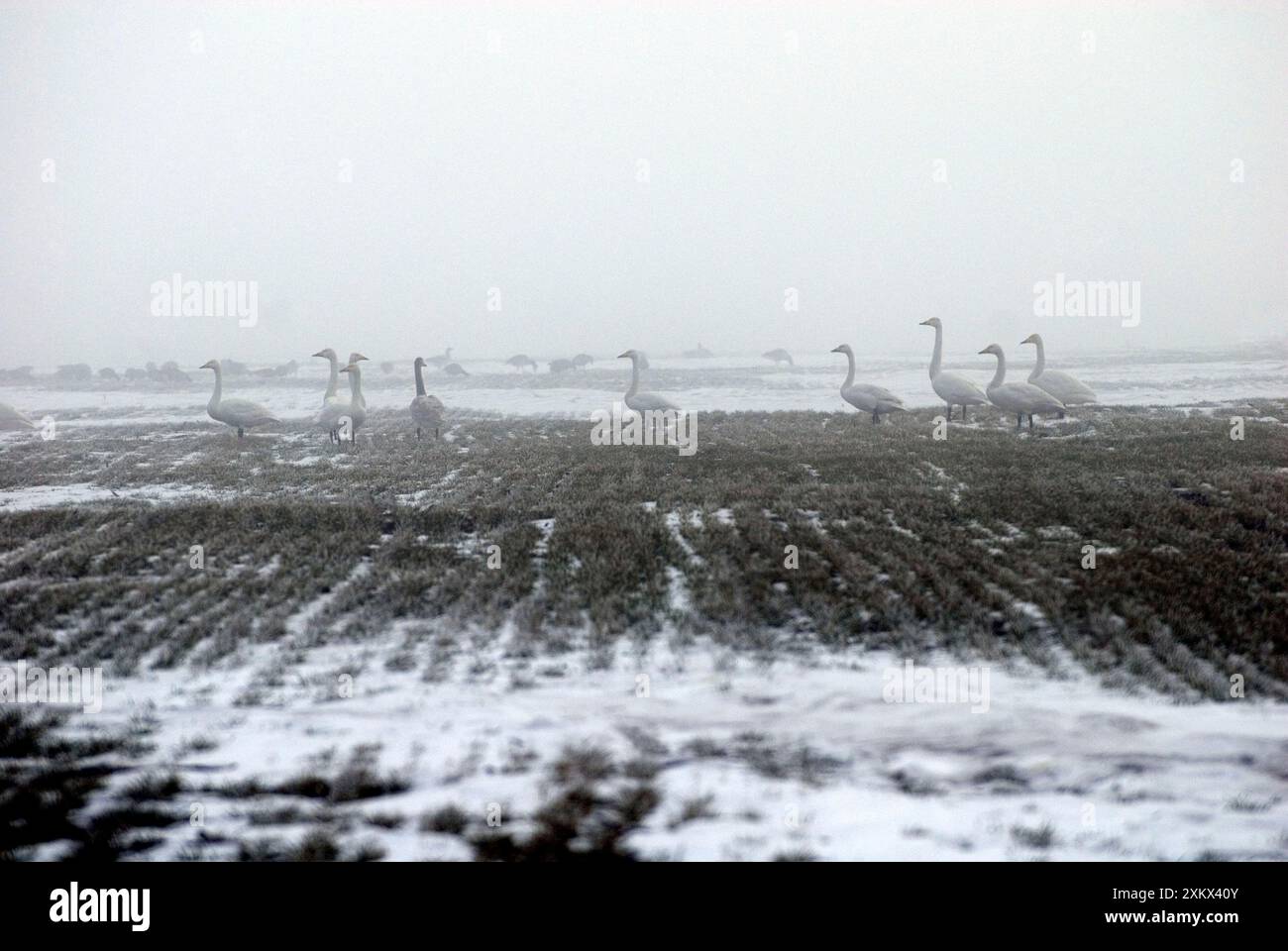The Many Other Names For Ducks You Might Not Know
Have you ever stopped to think about how many different ways we talk about the creatures around us? It’s rather interesting, actually, how a single animal can have so many different labels, depending on its age, its gender, or even just the situation it finds itself in. You know, it reminds me a bit of that old saying, "What is in a name? That which we call a rose by any other name would smell as sweet." That idea, from "My text," suggests that while the essence of something stays the same, the words we use to describe it can change quite a lot, giving us other ways to appreciate it.
It’s a fun thing to explore, really, the rich language we have for the world's various creatures. When it comes to our feathered, web-footed friends, the ducks, there's quite a collection of terms that go beyond just the simple word "duck." We often use "other" to point out something different from what was just mentioned, and in the same way, there are other terms that describe ducks with a bit more detail, giving us a clearer picture of what we're talking about, you see.
This article is here to help us explore some of these interesting alternative names. We’ll look at the special words people use for these birds, whether they're tiny, just hatched, or fully grown. It’s a chance to learn a little more about how we name things, and perhaps gain a deeper appreciation for the variety in our language, and for these delightful animals themselves. So, let’s find out what other names for ducks are out there, shall we?
Table of Contents
- Collective Nouns for Ducks: More Than Just a Group
- Tiny Wonders: What We Call Baby Ducks
- Distinguished Gentlemen: Names for Male Ducks
- Graceful Ladies: Names for Female Ducks
- Beyond the Basics: Names for Different Duck Types and Breeds
- Why Do We Have So Many Different Names for Ducks?
Collective Nouns for Ducks: More Than Just a Group
When you see a bunch of ducks together, you might just say "a group of ducks," and that’s perfectly fine, of course. But English, being the rather descriptive language it is, has some truly delightful and sometimes quite specific terms for gatherings of these birds. These terms often paint a bit of a picture of the ducks' behavior or where they happen to be at that moment, which is kind of neat, you know.
A Flock of Ducks
This is probably the most common term you’ll hear for a collection of ducks, especially when they are flying through the air. A flock suggests a group moving together, often in a somewhat organized way. It’s a very general term, used for many types of birds, but it certainly applies to ducks when they're on the wing, perhaps heading south for the colder months, or just moving from one pond to another. It just makes sense, doesn't it?
A Raft of Ducks
Now, this one is a bit more specific, and it really paints a picture. When you see a group of ducks floating together on the water, perhaps bobbing gently with the waves, they are often called a raft. It’s a very fitting term, as they seem to drift along like a small, living vessel. This is particularly common for sea ducks or diving ducks that spend a lot of their time out on the open water. It’s a lovely image, actually, a bunch of ducks just chilling out, you know, like a little floating island.
A Sord of Ducks
This is a much less common term, and it’s a bit older, too. A sord of ducks typically refers to a group of ducks that are flying. It’s similar to a flock in that sense, but it has a slightly more traditional or perhaps even poetic feel to it. You might not hear this one in everyday conversation, but it’s a fascinating piece of language, showing how people once described these aerial gatherings. It's a bit of a historical gem, in some respects.
A Team of Ducks
While "team" might make you think of sports, a team of ducks usually refers to a group of ducks that are in flight, often flying in a line or some kind of formation. It suggests a sense of purpose and coordination, as if they are working together to get somewhere. This term is, arguably, not as widely used as "flock," but it certainly makes sense when you see ducks moving with a clear direction, almost like they're on a mission.
A Puddle of Ducks
This term is, you know, quite descriptive for ducks that are gathered in a small body of water, like a puddle or a shallow pond. It highlights their closeness and the limited space they might be sharing. It’s a more informal and rather charming way to refer to them, suggesting a cozy little gathering. It’s very visual, isn't it?
A Brace of Ducks
When we talk about a brace of ducks, we are usually referring to two ducks. This term is often used in hunting contexts, or when discussing a pair of ducks that have been caught or are being presented. It’s a very specific number, and it suggests a pair that belongs together, for whatever reason. It’s a practical term, really, for when you have just a couple of them.
Tiny Wonders: What We Call Baby Ducks
Just like human babies have their own special name, so too do the young ones of the animal world. For ducks, their little ones are absolutely adorable, and they have a very distinct name that everyone seems to know. It’s a term that brings to mind fluffiness and wobbly steps, actually.
Duckling
The universal name for a baby duck is a duckling. These small, fuzzy creatures are often seen trailing behind their mother, learning the ropes of swimming and foraging. The word "duckling" itself has a very gentle and sweet sound to it, which perfectly suits these tiny birds. They are, you know, just so incredibly cute when they're little. A duckling is typically covered in soft down feathers and is quite vulnerable, relying heavily on its parent for protection and guidance during its first few weeks of life. They grow quite quickly, but for a short time, they are simply ducklings.
Distinguished Gentlemen: Names for Male Ducks
When it comes to adult ducks, we often have different names for the males and females. This is a common practice in the animal kingdom, and it helps us distinguish between them, especially when they look different. For the male duck, there’s a specific term that highlights its role and often its more vibrant appearance.
Drake
A male duck is called a drake. Drakes are often more brightly colored than their female counterparts, especially during the breeding season. They might have iridescent head feathers, striking patterns, or just generally bolder plumage. This is, you know, often to attract a mate. For example, a male Mallard duck, which is a very common type, has a stunning green head and a white neck ring, making it quite distinct from the female. The term "drake" helps us immediately identify the gender of the bird, which is pretty useful when you're observing them.
Graceful Ladies: Names for Female Ducks
Just as the male duck has its own name, so too does the female. While they might sometimes be called simply "ducks" in a general sense, there’s a more specific term that applies to the adult female, especially when she’s laying eggs or raising young. It’s a term that suggests her role in the family, in a way.
Hen
An adult female duck is called a hen. This term is shared with other female birds, like chickens, which makes it a bit familiar. Hen ducks typically have more subdued coloring compared to drakes, which helps them blend into their surroundings, especially when they are sitting on a nest. Their feathers are often shades of brown, gray, or mottled patterns, providing good camouflage. They are, you know, the primary caregivers for the ducklings, so their ability to stay hidden is quite important. So, if you see a duck with a brood of ducklings following her, she’s almost certainly a hen.
Beyond the Basics: Names for Different Duck Types and Breeds
While "duck," "drake," and "hen" cover the general gender and age, the world of ducks is incredibly diverse, with many different types and breeds. Each of these has its own specific name, which helps us tell them apart. It's a bit like how we have different kinds of dogs, like retrievers or poodles, you know? Each has its own name.
Specific Breed Names
There are wild ducks, like the well-known Mallard, which is, arguably, the most recognized duck in many parts of the world. Then there are domestic ducks, which have been bred by people for various purposes, like meat, eggs, or just as pets. These domestic ducks come in many different breeds, each with its own characteristics and, of course, its own name. For example, you might hear of a Pekin duck, which is a large, white domestic duck that’s quite popular. Or perhaps a Rouen duck, which looks a lot like a large Mallard but is a domestic breed.
Other examples include the Muscovy duck, which looks quite different from other ducks with its unique facial caruncles, or the Indian Runner duck, known for its upright posture and quick movement. Each of these names refers to a specific type of duck, with its own history and set of traits. So, when someone says "Muscovy," you know they're talking about a very particular kind of duck, not just any duck, which is quite useful, really.
Why Do We Have So Many Different Names for Ducks?
It might seem like a lot of different words for one animal, but there are some good reasons why we have these other names for ducks. It’s not just about making things complicated; it’s actually about making our language more precise and descriptive. This is, you know, a pretty common thing in language development.
Precision and Clarity
Having specific terms like "drake" or "duckling" allows us to be very clear about what we are referring to. If you say "I saw a duck," it could be any duck. But if you say "I saw a drake," you immediately know it was a male. This precision is very helpful, especially for people who study birds, or for those who raise them. It helps avoid confusion, you see, making communication much more effective.
Cultural and Historical Context
Many of these names have been around for a very long time, passed down through generations. They reflect how people in different times and places interacted with ducks, whether for hunting, farming, or just observing nature. Some terms might be older, while others are still very much in common use today. The evolution of these terms is quite fascinating, actually, showing how language changes and adapts over time.
Adding Richness to Language
Beyond practicality, these different names simply add a certain richness and texture to our language. Imagine trying to describe a beautiful scene with ducks without the option to say "a raft of ducks" floating serenely on the water. The specific terms allow for more vivid descriptions and a deeper appreciation of the natural world. It's just, you know, more evocative.
So, the next time you spot a duck, perhaps you'll think about whether it's a drake or a hen, or if the little ones following are ducklings. And if there's a whole bunch of them, you might even consider if they're a raft or a flock. It’s pretty cool, how a few other names can really change how you see things, isn't it? To learn more about waterfowl on our site, and perhaps link to this page to share your own observations about ducks.

Other Related 1994 Fox Remakes V3 by 123riley123 on DeviantArt

Silhouette couple looking other hi-res stock photography and images - Alamy

White swans other birds hi-res stock photography and images - Alamy